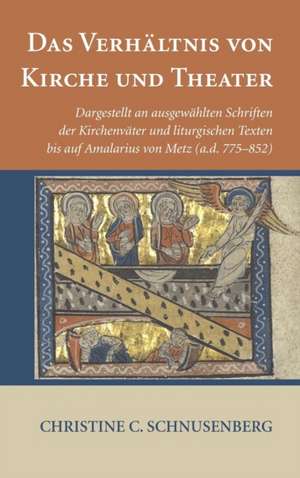Schnusenberg, C: Verhältnis von Kirche und Theater
en Hardback – 11 iun 2017
Preț: 357.43 lei
Nou
Puncte Express: 536
Preț estimativ în valută:
68.40€ • 74.27$ • 57.46£
68.40€ • 74.27$ • 57.46£
Carte disponibilă
Livrare economică 02-16 aprilie
Preluare comenzi: 021 569.72.76
Specificații
ISBN-13: 9781498240840
ISBN-10: 1498240844
Pagini: 310
Dimensiuni: 157 x 235 x 21 mm
Greutate: 0.59 kg
Editura: Wipf and Stock
ISBN-10: 1498240844
Pagini: 310
Dimensiuni: 157 x 235 x 21 mm
Greutate: 0.59 kg
Editura: Wipf and Stock
